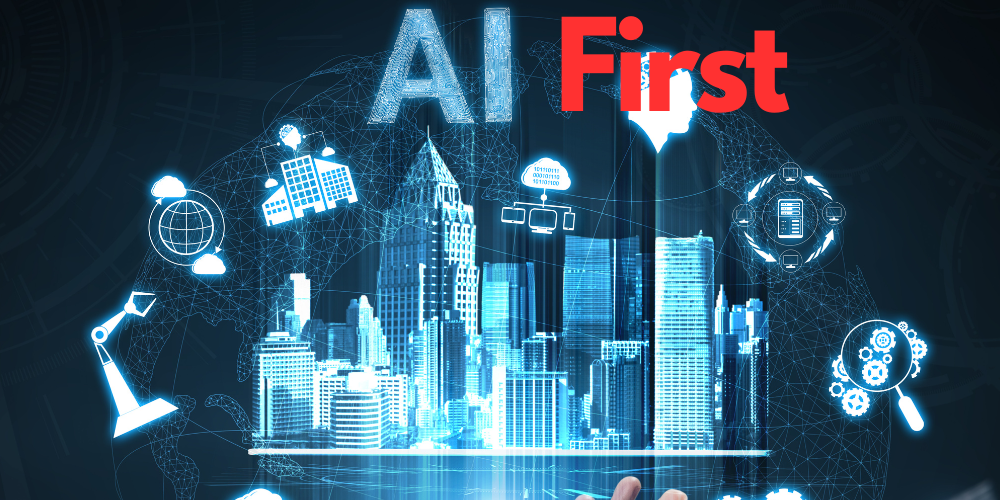Remembering an area. How AI eats the world like mobile did once.
Just over a decade ago, the world witnessed an incredible shift in the way technology was used. The emergence of smartphones catapulted us into an era where mobile reigned supreme, supplanting the traditional desktop as the primary medium for accessing the digital universe. People began to prefer the convenience of having the world at their fingertips, quite literally, through the screen of their mobile phones. The desktop, once the indisputable king of digital access, found itself dethroned, with mobile taking its place.
The advent of mobile was seen as a phenomenal opportunity. Businesses transformed their strategies, developers reshaped their approaches, and the concept of user experience was redefined entirely. The world became more connected, and the reach of the internet expanded exponentially. Now, we stand on the brink of a similar paradigm shift, but this time, it’s not about the device – it’s about the intelligence behind it.
Similar to the mobile revolution
Artificial Intelligence (AI) is rapidly changing every aspect of our lives. Just look at the expansion of chat gpt alone. The fastest growing application ever is six month old and gets visited by nearly 2 billion people a month (June 2023). In a similar way to the mobile revolution, event if it is not a new hardware application that is gaining in traction, software tools using AI are poised to redefine how businesses operate, how processes are conducted, and how people interact with technology. The use of OPEN AI API catapulted many tools into the AI area. All major software applications started to mention the new integration of AI.
AI is not just a tool; it’s becoming an integral part of our digital infrastructure, just as mobile did a decade ago, there is no deniability or hesitation in implementation of new solutions. Just way way faster than a decade ago, through an accelerated way of communicating.
The rise of AI brings about a significant change in the way we communicate. Traditional forms of digital communication, such as writing lengthy emails or articles, are being replaced by AI-powered tools that streamline these tasks. The new norm will be summarized emails, AI-generated reports, and content curated by intelligent algorithms. Just as we now access websites more on mobile than on desktop, we may soon find ourselves relying more on AI than on our own efforts for tasks that were previously manual and time-consuming. From Google Bard, to Microsoft Co-Pilot to many other tools that have been announced in the last six month, they present answers immediately without any search.
Machine learning algorithms are getting better at understanding context, semantic meaning, and even sentiment. They can generate text that is nearly indistinguishable from that written by a human. AI is even being used to write code, diagnose diseases, and predict market trends, tasks that were once solely the domain of highly skilled humans.
However, this change does not mean that humans will become obsolete. Instead, it’s about augmenting human capabilities. AI can handle mundane, repetitive tasks, leaving humans with more time to focus on creative, strategic, and complex problem-solving tasks. This synergy between human and machine intelligence can lead to a more productive and innovative world.
So, what does this mean for the future? Businesses need to adapt and prepare for an AI-centric world. Embracing AI can lead to improved efficiency, cost savings, and a better understanding of customers. As consumers, we need to be ready to interact more with AI, whether it’s through voice assistants, chatbots, or AI-written content.
The mobile revolution taught us that technology can dramatically change the way we live and work. As AI continues to evolve and become more ingrained in our daily lives, we can expect to see a similar revolution. Just as mobile once did, AI is poised to transform the world, and we are just beginning to grasp the extent of its potential impact.
Sources:
https://blogs.microsoft.com/blog/2023/03/16/introducing-microsoft-365-copilot-your-copilot-for-work/


